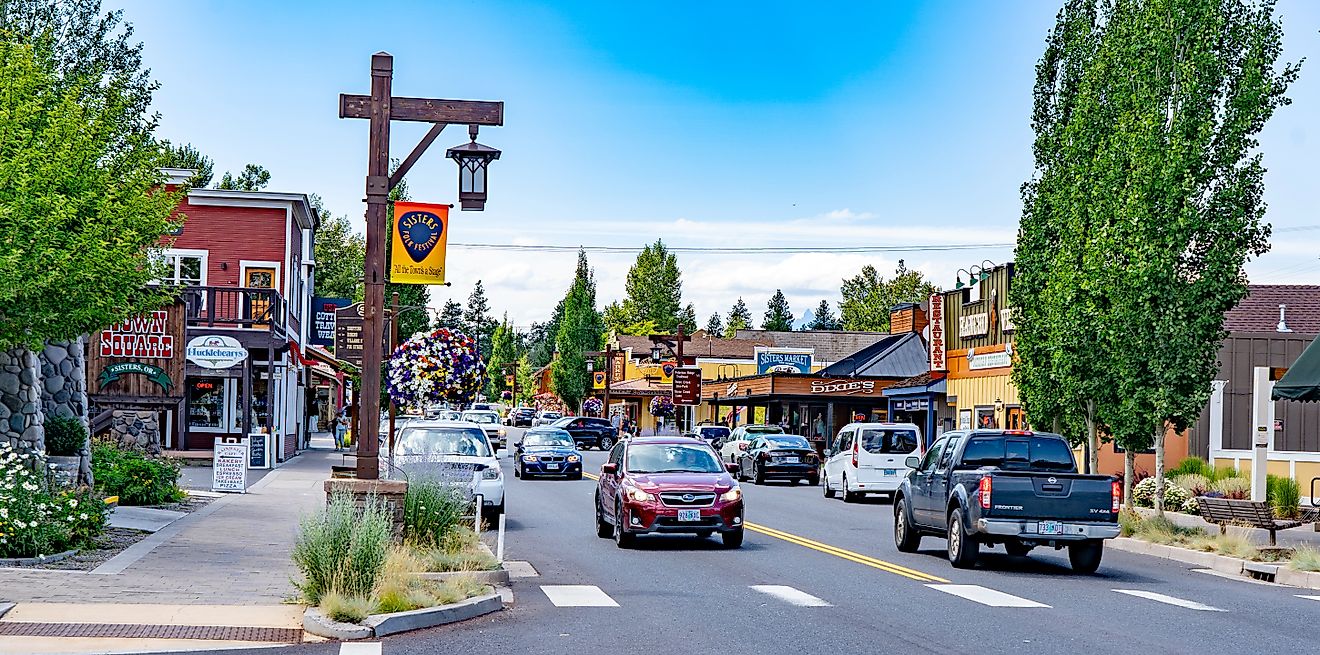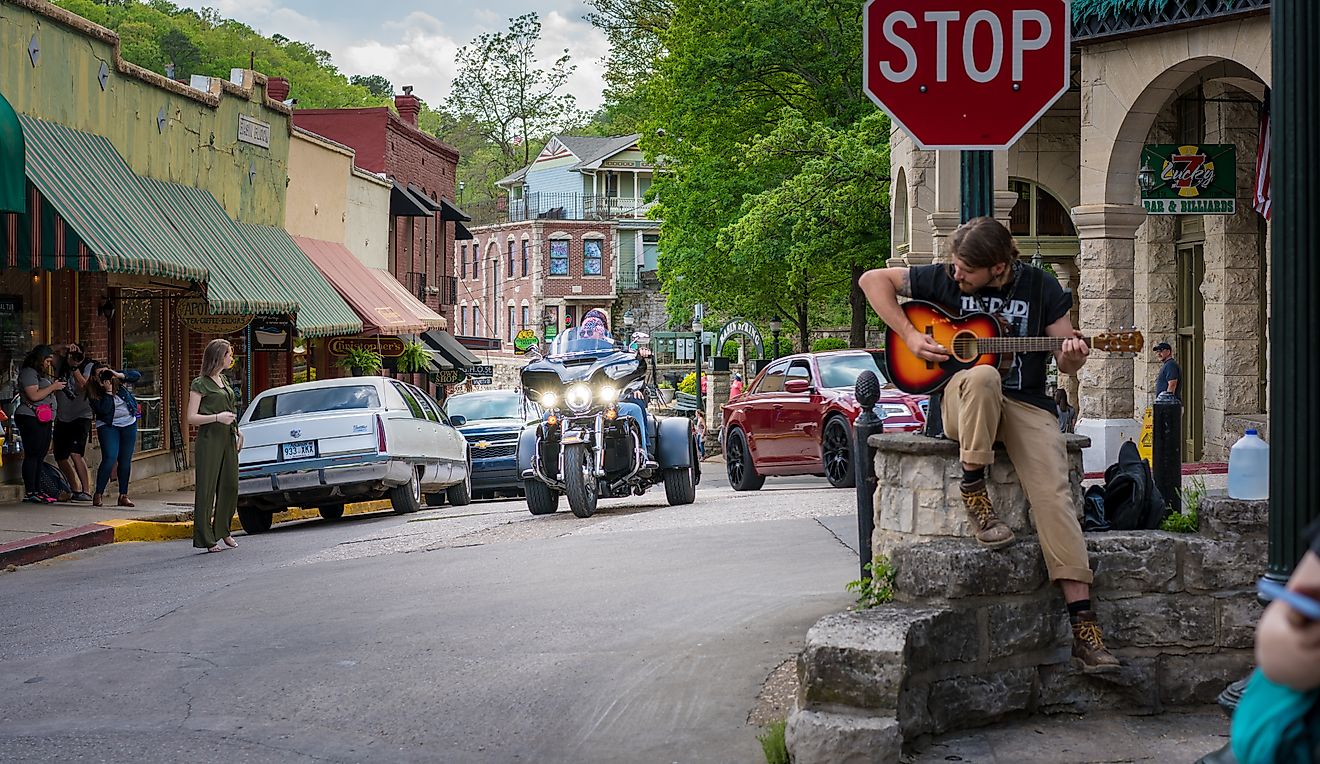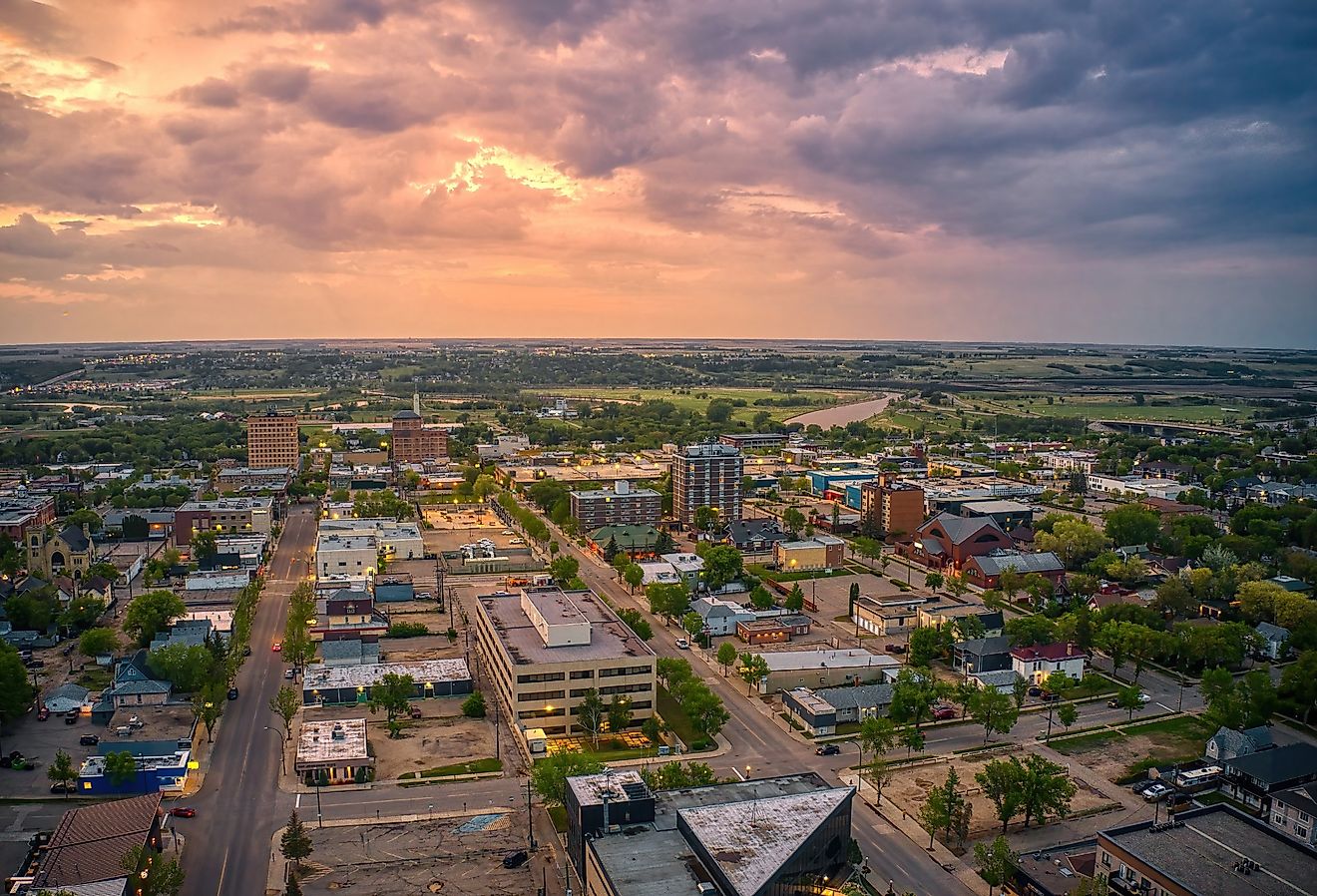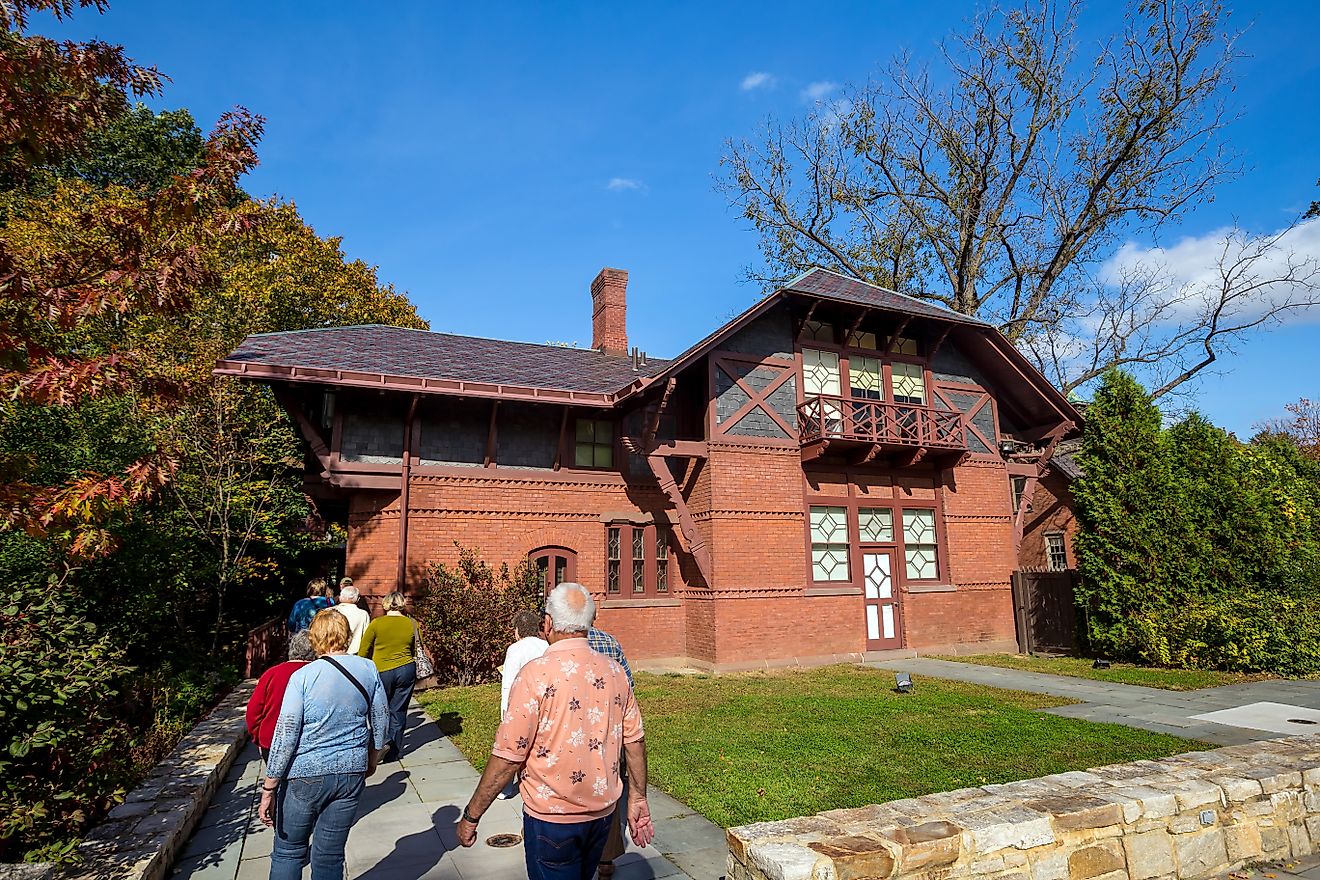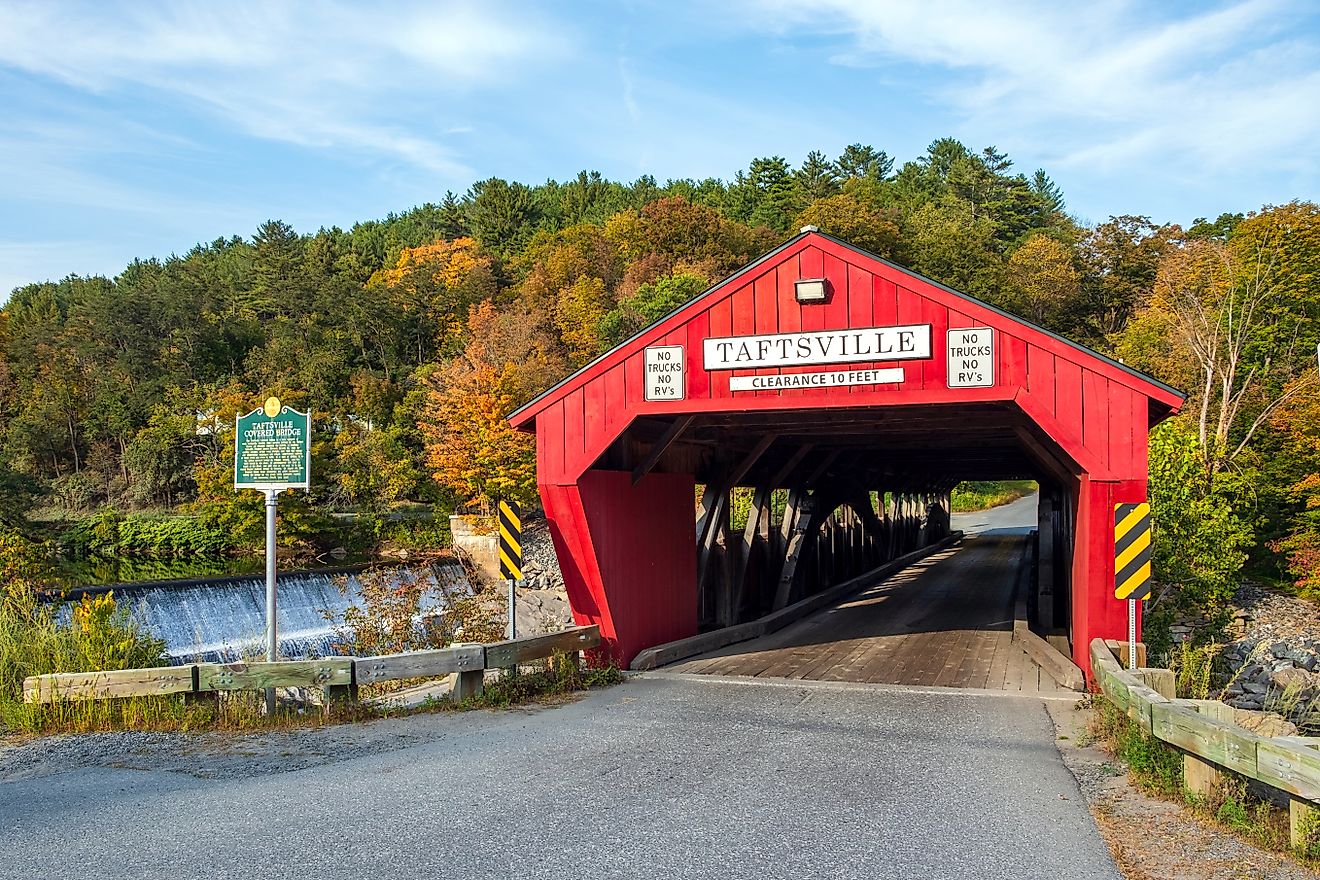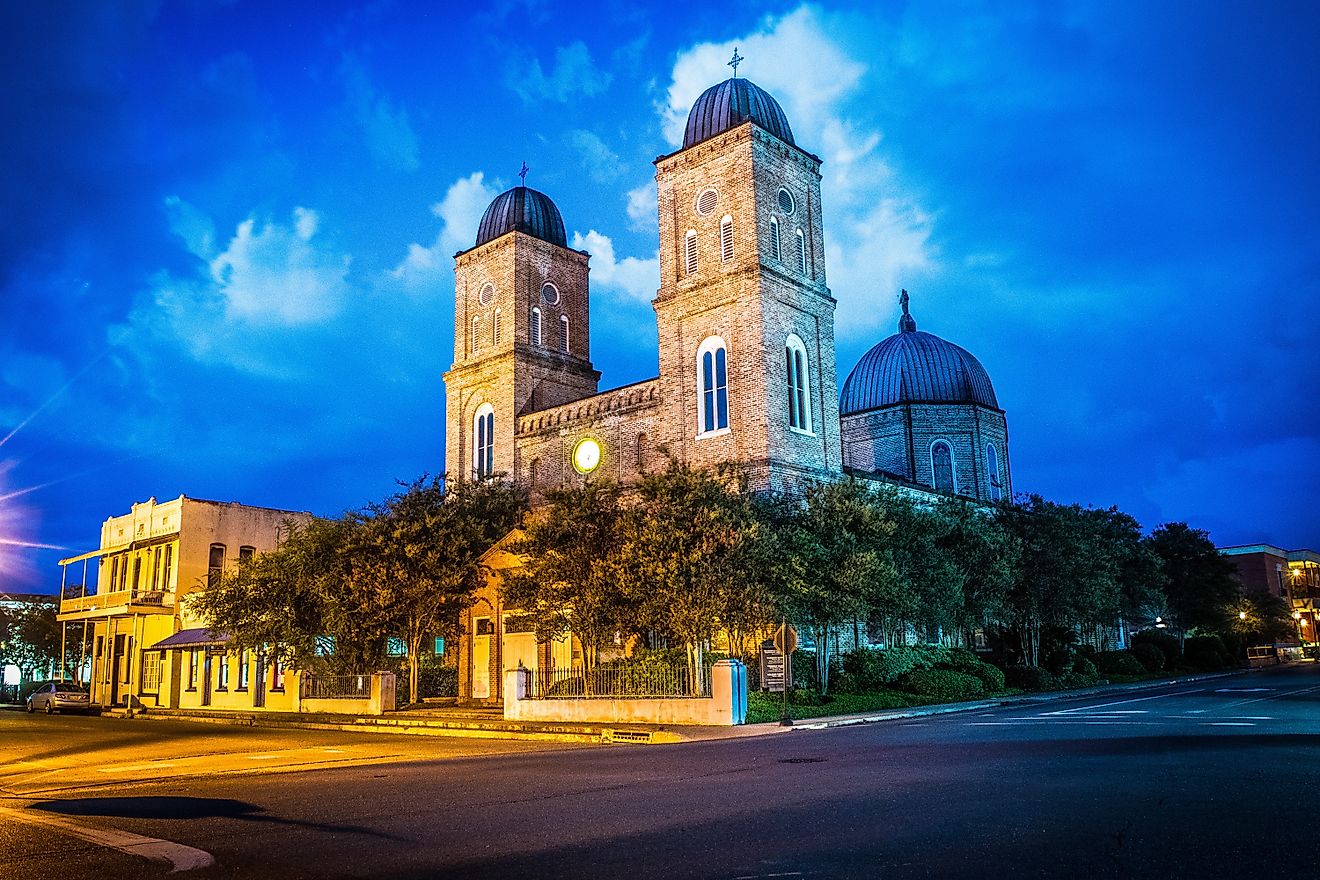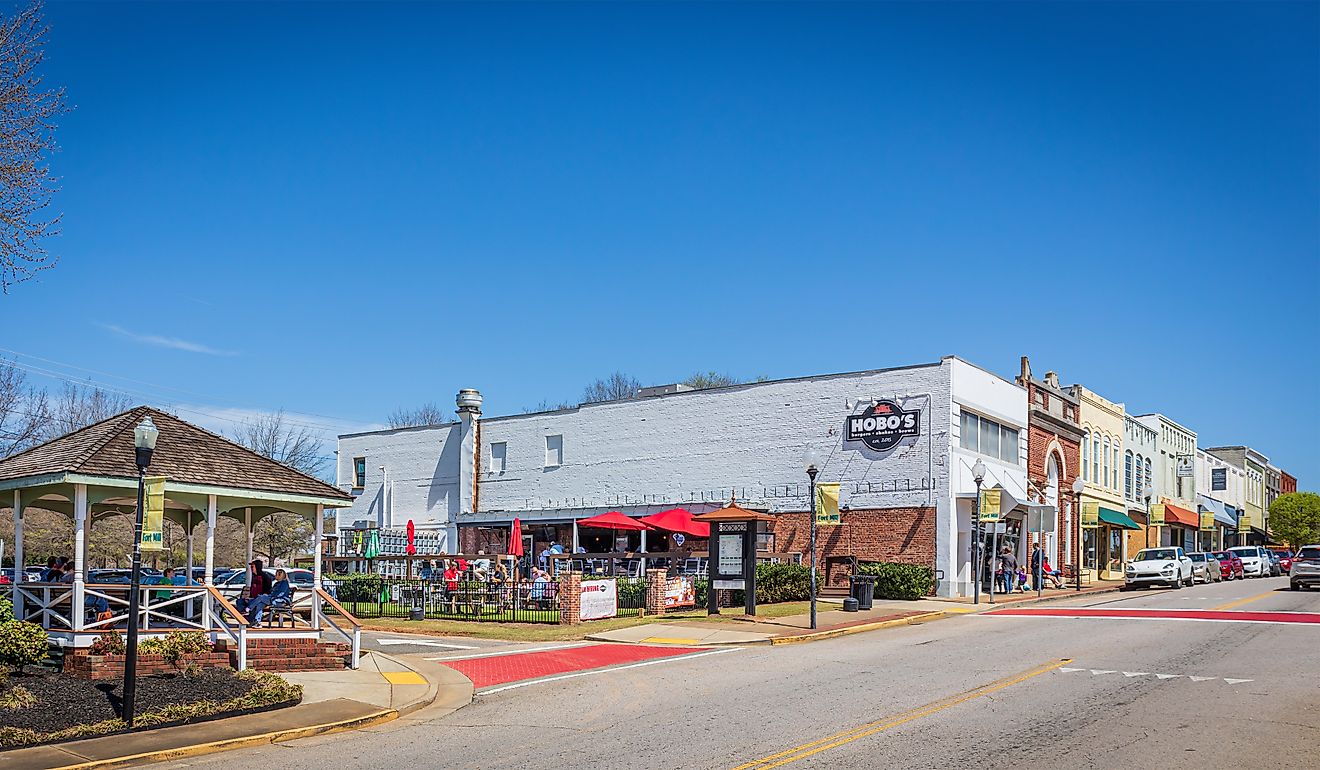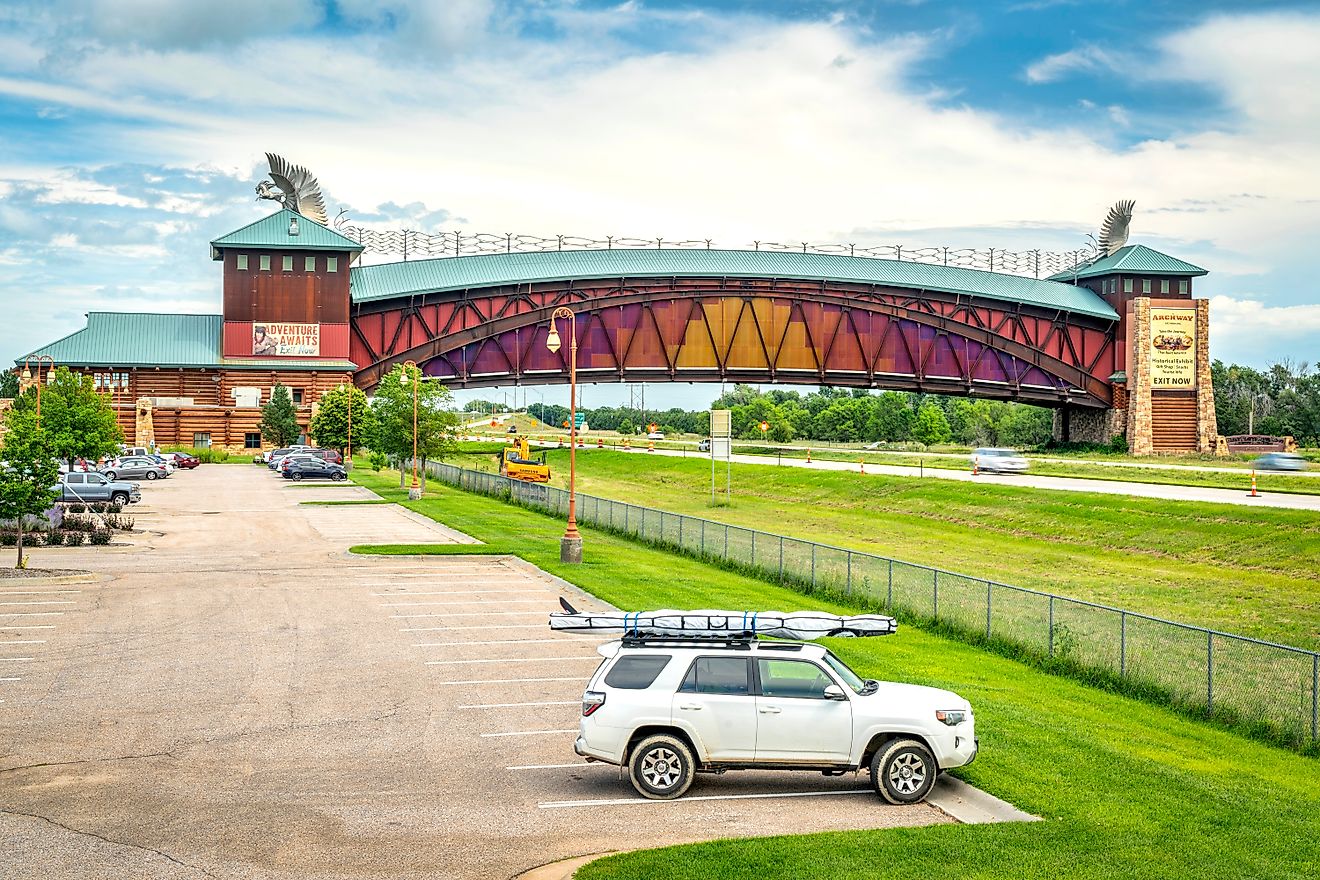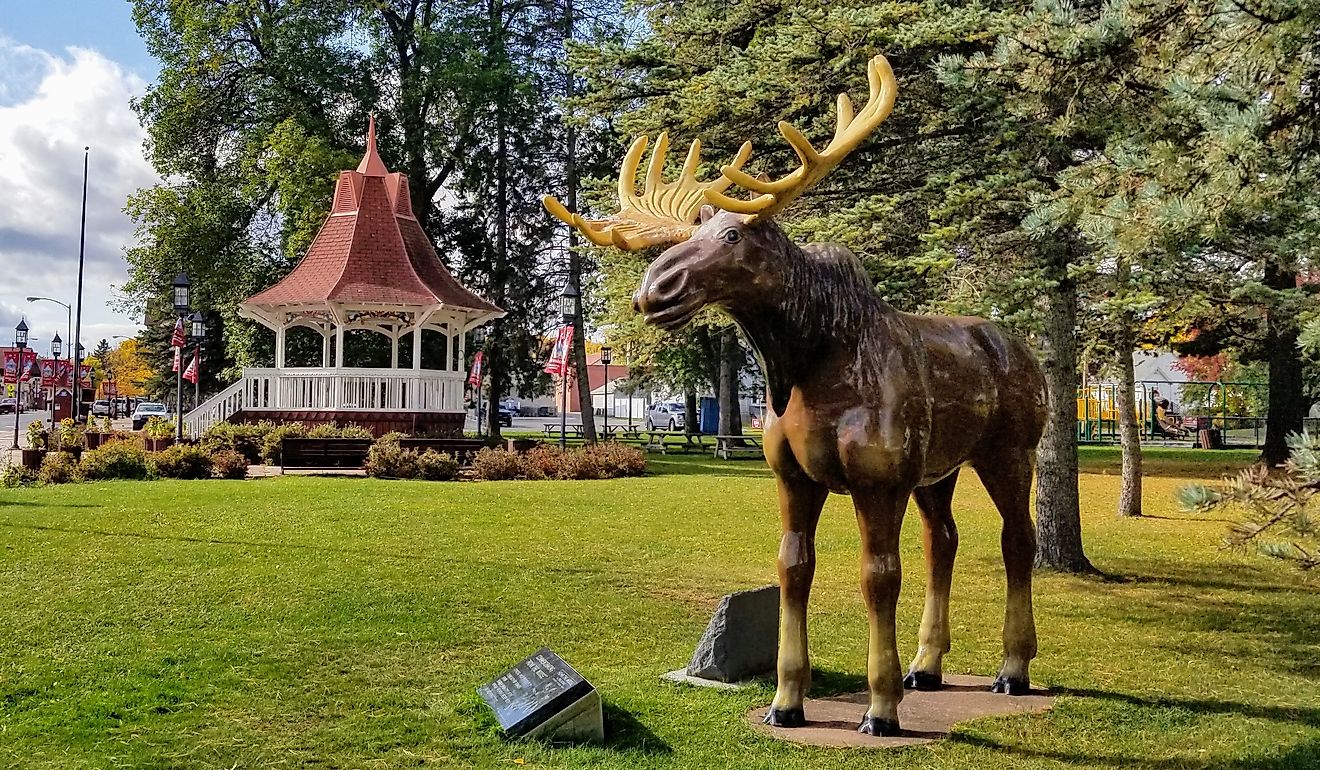
8 Tennessee Small Towns With Unmatched Friendliness
Tennessee’s Volunteer spirit is often defined by the energy of Memphis’s blues clubs and Nashville’s country stages. With a population exceeding seven million, the state has developed a reputation for warm hospitality, though some might argue that the real exemplars of kindness dwell in quaint little towns well away from the tourist rush.
Across these eight Tennessee towns, community pride flourishes in daily gestures: a store owner might invite you to linger for a chat while a local volunteer organizes a neighborhood barbecue in the town square. From historic districts that preserve 18th-century heritage to mountain hamlets celebrating seasonal festivals, these close-knit towns harbor a vibrant sense of connection that persists in any weather. They prove that Tennessee’s famous hospitality isn’t confined to its major cities: step off the main highway, and you’ll discover that these towns uphold a time-honored tradition of sharing stories, meals, and unyielding goodwill with complete strangers!
Bell Buckle
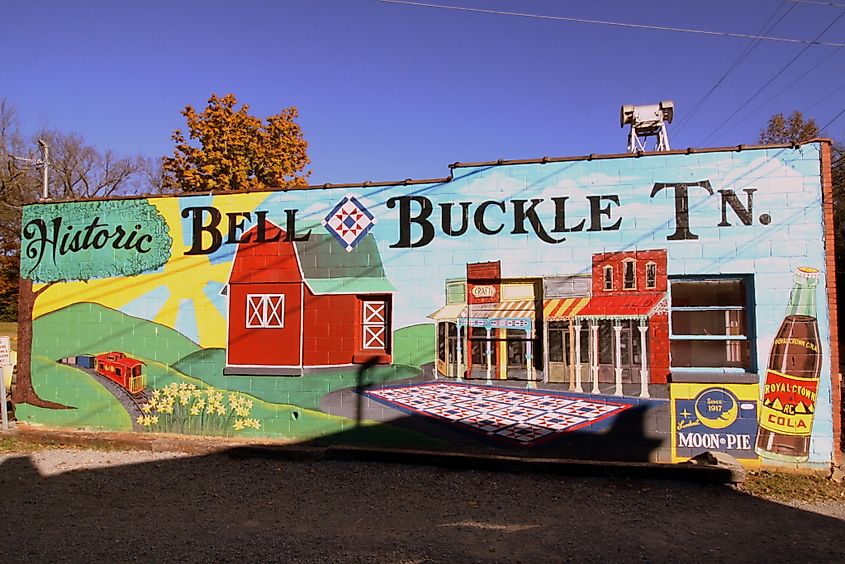
Bell Buckle was established way back in 1852; its heritage is pivotal in fostering the town’s tight-knit community and traditions, such as the RC Cola and MoonPie Festival, which epitomizes Southern hospitality and draws visitors nationwide. Bell Buckle’s commitment to preserving its quaint atmosphere is evident in the Bell Buckle Historic District, which hosts an array of antiques and crafts shops that echo the town’s bygone days and community values. Housed in a historic former livery stable, the Livery Stable Antique Mall offers a treasure trove of vintage finds and local charm for every curious collector.
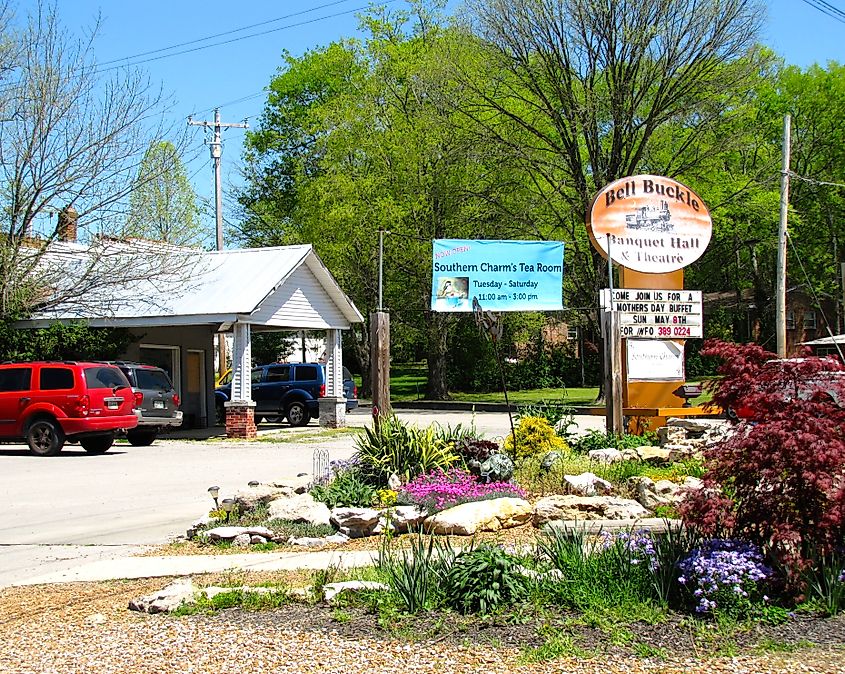
Visitors to Bell Buckle can explore a variety of local attractions that embody the town's welcoming spirit. The Bell Buckle Café, renowned for its homestyle meals and live bluegrass music, serves as a community hub where residents and tourists mingle. Additionally, the Webb School Arts & Crafts Festival showcases local craftsmanship and gathers hundreds annually. This festival not only highlights the creative talents within the region but also reinforces the communal bonds integral to Bell Buckle’s identity.
Townsend
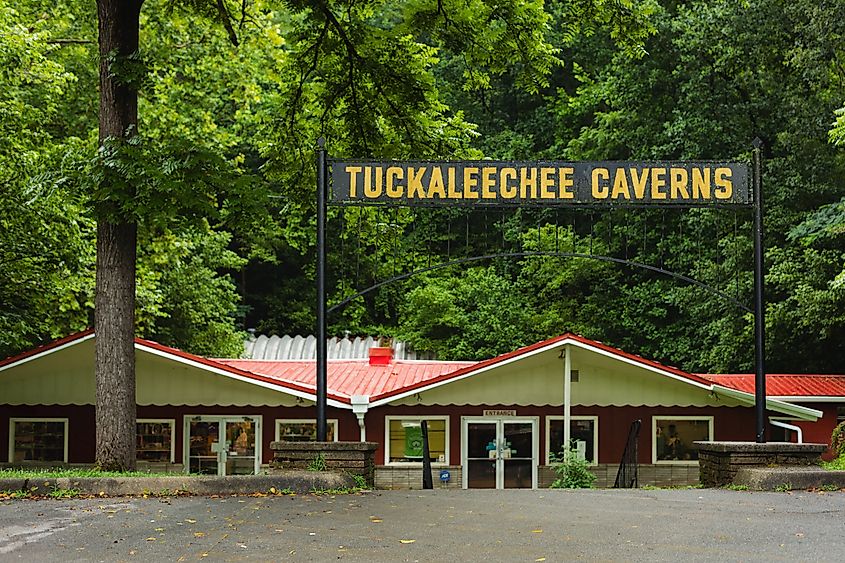
Townsend is a gateway to the Great Smoky Mountains National Park and is known as the "Peaceful Side of the Smokies." Its history as a logging town before the establishment of the national park has shaped a community deeply connected to the natural environment and preservation. The town's history is meticulously chronicled at the Great Smoky Mountains Heritage Center, where exhibits and events educate visitors on the cultural heritage of East Tennessee.
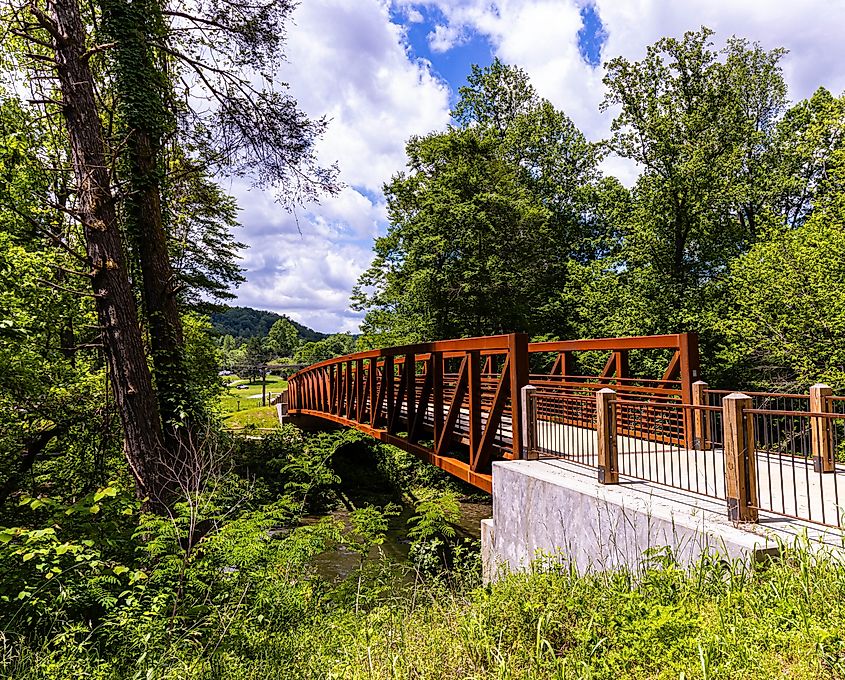
For those visiting Townsend, the options for engagement with the town and its natural setting are extensive. The Little River Railroad and Lumber Company Museum offers insights into the town’s origins in the logging industry and its transformation over the years. Outdoor enthusiasts can explore the Tuckaleechee Caverns, a series of caves known for their spectacular formations and underground streams. Eateries like the Dancing Bear Appalachian Bistro offer elevated mountain-inspired cuisine that celebrates the region's local ingredients and timeless culinary traditions.
Dandridge

Dandridge, established in 1783, is the state's second-oldest town and uniquely named after Martha Dandridge Washington, the nation's first First Lady. Its historic significance is preserved in landmarks such as the Jefferson County Courthouse, completed in 1845, exemplifying Greek Revival architecture. The town's resilience is evident in the 1942 construction of a protective dike, safeguarding it from the waters of Douglas Lake created by the Tennessee Valley Authority's Douglas Dam project.
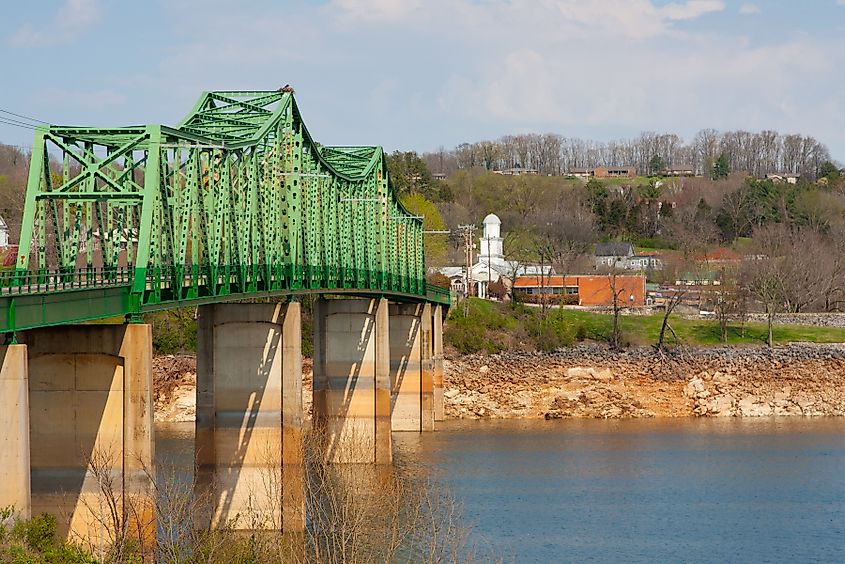
Visitors can explore the Dandridge Walking Tour, featuring over 20 historic structures, including Roper Tavern and Shepard Inn, which hosted notable figures like Presidents Andrew Jackson and James K. Polk. The Revolutionary War Graveyard offers insights into the area's early settlers. Culinary experiences include the Tinsley-Bible Drug Store, known for its "Bible Burger" and milkshakes. Outdoor enthusiasts can enjoy Douglas Lake for boating and fishing, with rentals available at local marinas. Annual events such as the Scots-Irish Festival celebrate the town's heritage, fostering a strong sense of community and a welcoming atmosphere.
Rogersville

Rogersville was established in 1775 by the grandparents of Davy Crockett and now stands as one of the state's oldest towns. Its founder, Joseph Rogers, married Mary Amis, daughter of Colonel Thomas Amis, a prominent figure who constructed a fort and other establishments in the area. Rogersville is home to Tennessee's first post office and the site where the state's inaugural newspaper, The Knoxville Gazette, was published in 1791. The Hawkins County Courthouse, built in 1836, remains the second-oldest courthouse in active use in the state.

Visitors can explore the Hale Springs Inn, built in 1824, offering accommodations and dining options. The Tennessee Newspaper and Printing Museum provides insights into the region's publishing history. Crockett Spring Park features the historic Rogers Cemetery, the final resting place of the town's founders and Davy Crockett's grandparents. Dining establishments such as the Red Dog on Main Taproom & Eatery offer local cuisine. Annual events like the Heritage Days festival celebrate the town's rich history and foster community engagement.
Sewanee
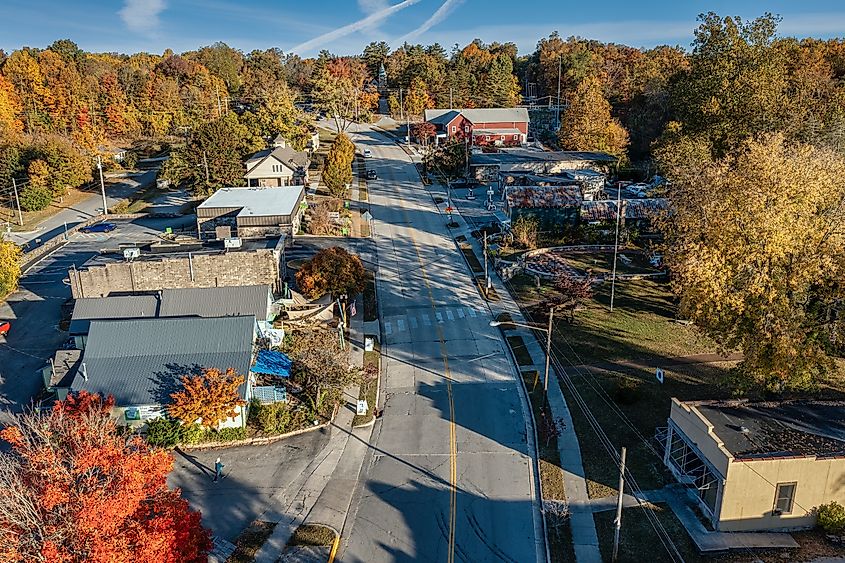
Sewanee is home to The University of the South, established in 1857 by Episcopal bishops from Southern dioceses. The university's campus spans 13,000 acres atop the Cumberland Plateau, fostering a close-knit community where academic and local life are deeply intertwined. The Sewanee Review, founded in 1892, stands as the nation's oldest continuously published literary quarterly, reflecting the town's longstanding commitment to the arts and letters.

For your first stop, explore the All Saints' Chapel, renowned for its Gothic architecture, or hike the 22-mile Perimeter Trail encircling the university's domain. Dining options include The Blue Chair Café & Tavern, offering a selection of local dishes, and Shenanigans, a staple since 1974 known for its deli-style menu. The Sewanee Inn provides accommodations adjacent to the university's golf course. Annual events like the Sewanee Writers' Conference further exemplify the town's dedication to fostering a vibrant, inclusive community.
Greeneville
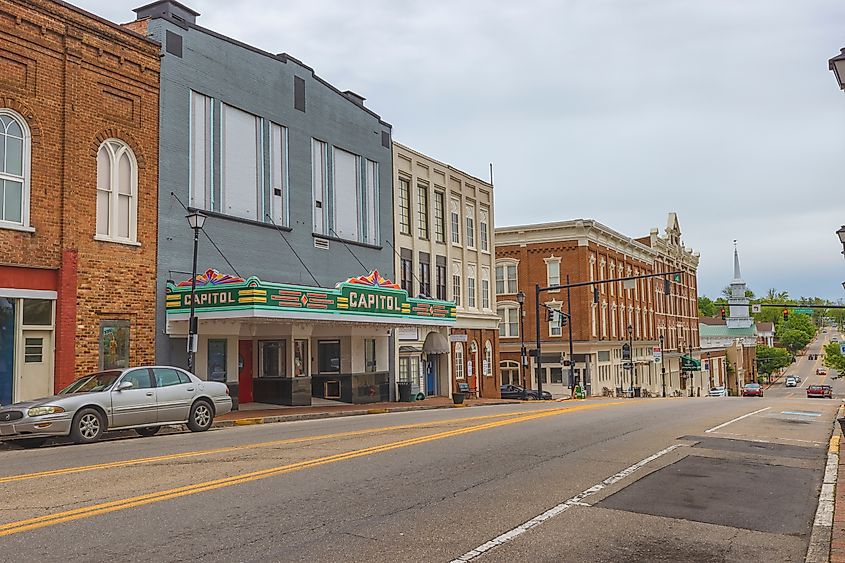
Greeneville is named after Revolutionary War hero Nathanael Greene. It served as the capital of the short-lived State of Franklin from 1785 to 1788. The town's rich history includes being the home of President Andrew Johnson, whose legacy is preserved at the Andrew Johnson National Historic Site, encompassing his tailor shop, two residences, and his burial site at the Andrew Johnson National Cemetery.
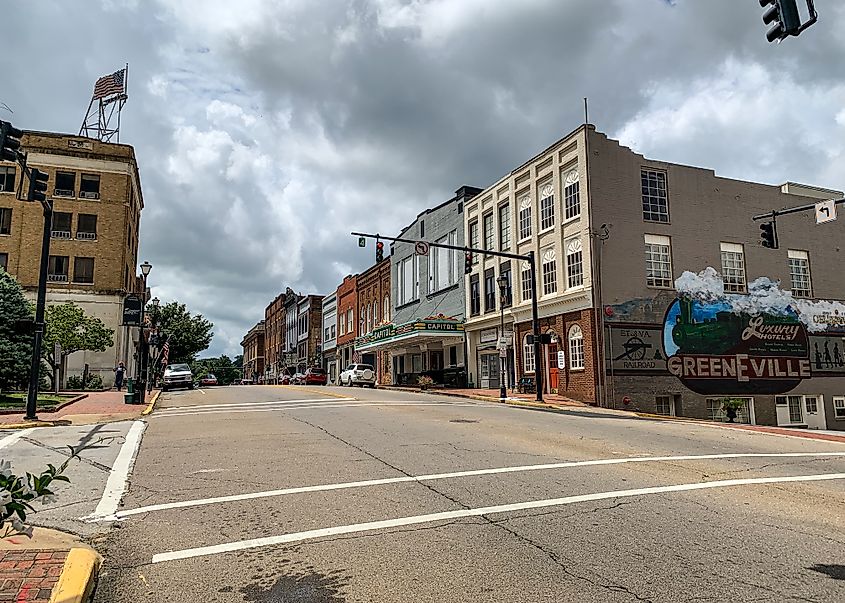
Start your Greeneville journey by exploring the Greeneville Greene County History Museum, which offers exhibits on local history and culture. The General Morgan Inn, a restored historic hotel, provides accommodations and houses Brumley's Restaurant, known for its Southern cuisine. The Niswonger Performing Arts Center hosts a variety of cultural events and performances. Outdoor enthusiasts can visit Kinser Park for recreational activities.
Jonesborough
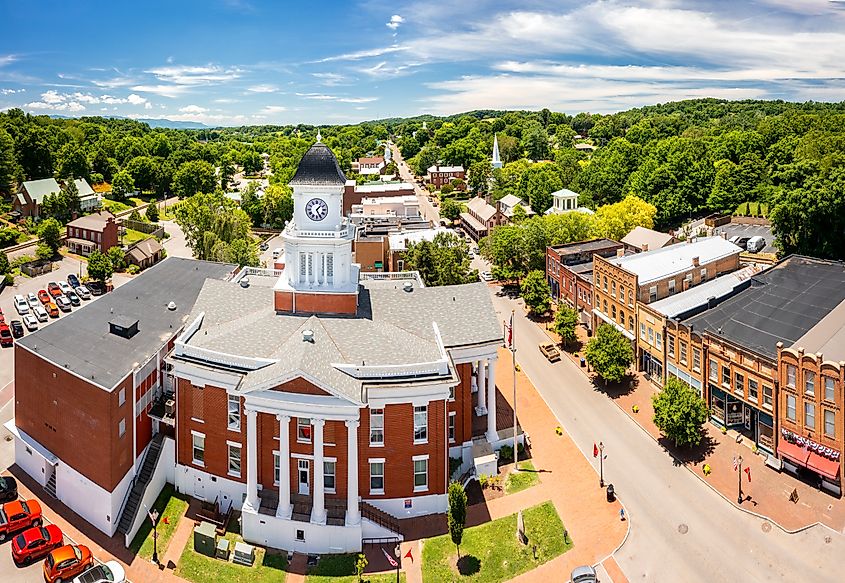
Jonesborough, Tennessee's oldest town, was established in 1779, seventeen years before the state itself was formed. Named after North Carolina legislator Willie Jones, the town played a pivotal role as the capital of the short-lived State of Franklin from 1784 to 1788. In the 19th century, it became a center for abolitionist activity with the publication of The Emancipator, the first periodical dedicated solely to the abolition of slavery.
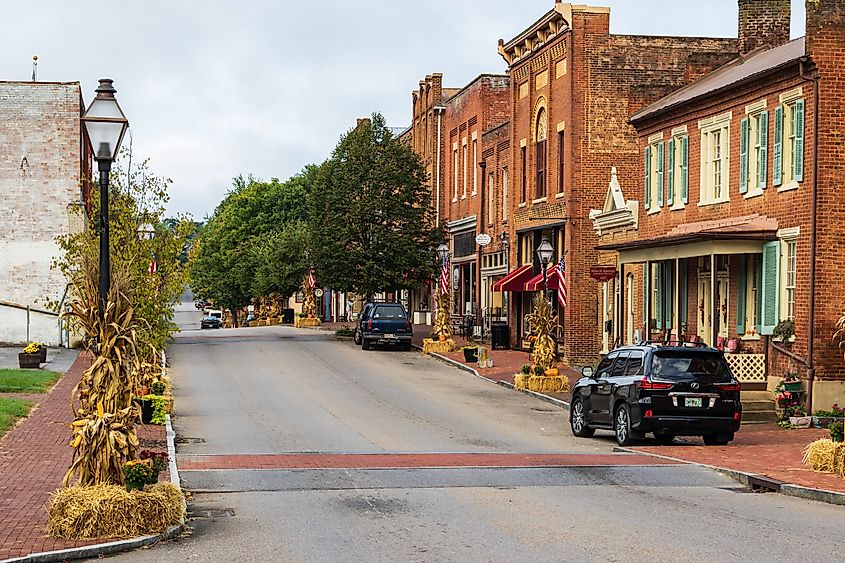
Visitors to Jonesborough can explore the Chester Inn State Historic Site and Museum, located in the oldest commercial building in town, offering insights into the area's rich history. The International Storytelling Center hosts the annual National Storytelling Festival, drawing storytellers and audiences worldwide. Dining options include Main Street Café and Catering, known for its local cuisine, and The Lollipop Shop, offering a variety of sweets. For accommodations, the Historic Eureka Inn provides a stay in a building that has been welcoming guests for over two centuries.
Lynchburg
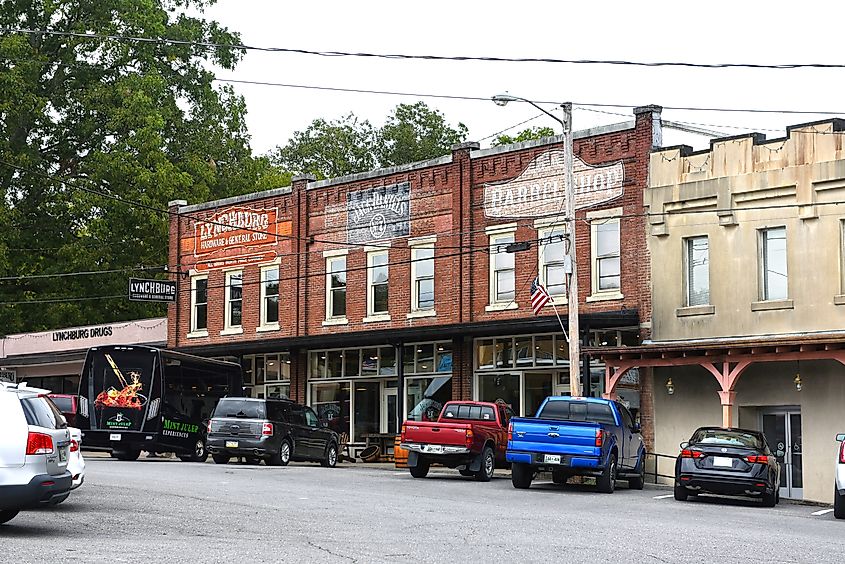
Lynchburg is famed as the home of the Jack Daniel's Distillery, established in 1866 by Jasper Newton "Jack" Daniel. The distillery is the oldest registered in the United States and has played a significant role in the town's development. Notably, Jack Daniel learned the art of whiskey-making from Nathan "Nearest" Green, an enslaved African-American who became the distillery's first master distiller. This collaboration highlights the inclusive and community-oriented spirit that characterizes Lynchburg. Despite being located in a dry county where the sale of alcohol is prohibited, the distillery operates legally and attracts over 280,000 visitors annually, contributing to the town's welcoming atmosphere.
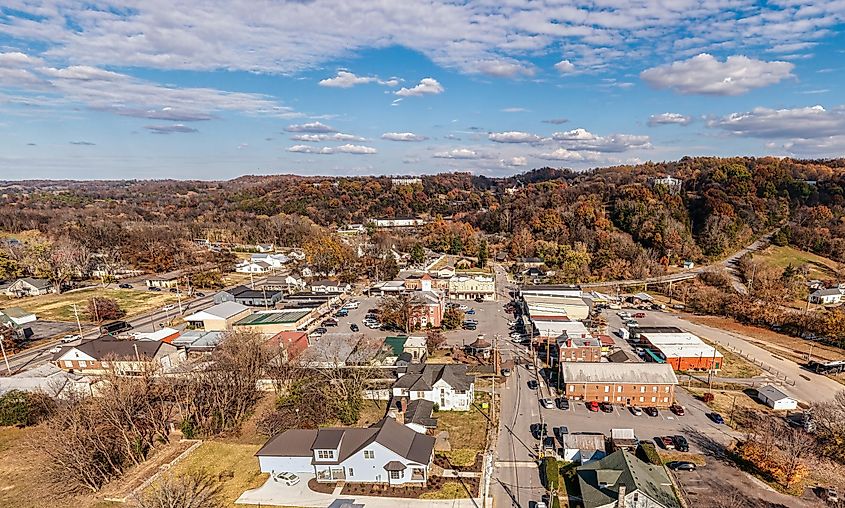
Your trip should begin by exploring the historic town square, featuring the Moore County Courthouse, built in 1885, and the adjacent Old Jail Museum, offering insights into local history. The Lynchburg Hardware & General Store serves as the official Jack Daniel's gift shop, providing branded merchandise. Dining options include Miss Mary Bobo's Restaurant, known for traditional Southern cuisine served family-style in a historic boarding house setting, and Barrel House BBQ, recognized for its pulled pork and ribs. The Lynchburg Winery offers tastings of locally produced wines, catering to diverse palates.
Friendliness isn’t always loud; it shows up in the way a shopkeeper remembers your name or how a stranger points you toward a scenic overlook you didn’t know existed. In these eight Tennessee towns, that kind of daily generosity is common practice, not performance. Interestingly, nearly all host long-running festivals, Jonesborough’s National Storytelling Festival, Bell Buckle’s MoonPie celebration, and Sewanee’s literary conference, where community volunteers outnumber staff. This isn’t just tradition; it’s an infrastructure built on trust. In Tennessee, friendliness is a system that works.

